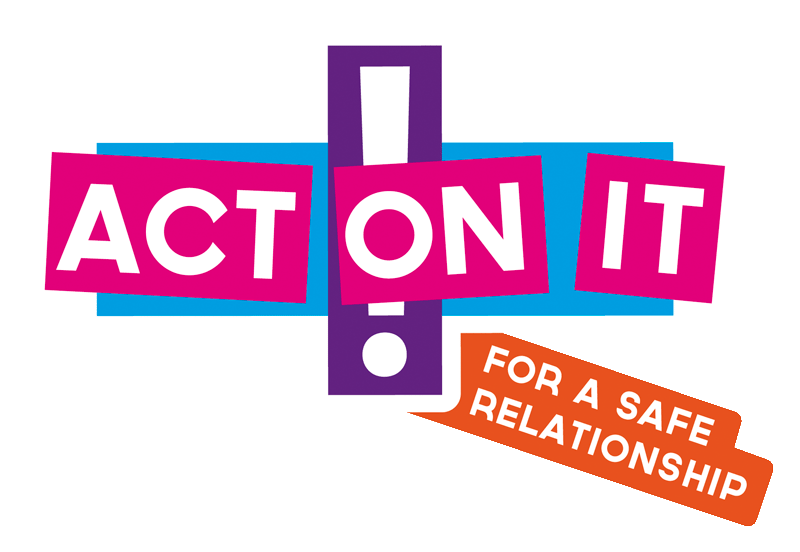
Leading a group session
Leading a successful group session with teenagers & young people.
Healthy relationships discussions with teens & young people can be very different in groups than in 1-2-1 settings. There are several things you can do to lead a successful group session.
Prepare well
Plan your session content well and make sure you have as much information as possible so you’re ready to answer questions.
Visit our resources page for ideas – or create your own healthy relationships workshop.
Put them at ease
Make sure you’re comfortable with your material. Young people will get distracted if you’re hesitant or awkward. And if they’re distracted, they might miss key messages.
Make your sessions for young people interactive and fun. Focus on delivering the information they need without making them worried or scared.
Contact your local safeguarding board to access training if you feel like you could do with a few pointers.
Reassure them
Start your session with a reassuring opening statement. Something like: “We’re going to be tackling some tricky topics, but we’ll try to keep it interesting and light hearted – and if you need to step out of the session or have a chat afterwards, that’s fine.”
Questions & answers
Teenagers and young people will ask questions, so prepare as much as you can in advance.
If you don’t know the answer to a question, make a note of it and tell them you’ll come back to them. And make sure you do!
You might find that some young people find it difficult to ask questions aloud in a group session.
A great way to overcome this is to pass around pieces of paper so that group members can write down their questions anonymously. You can then answer all questions at the end of the session.
Take an alternative approach
A popular approach among young people is separate sessions for boys and girls. This can make it easier for them to discuss sensitive topics.
And where heterosexual relationships are concerned, it can have the added advantage of separating victims and perpetrators, which can help young people to feel comfortable enough to make disclosures.
Make your role clear
Make sure you monitor all participants during your group sessions and be clear you’re not there to judge or lecture – that you’re there for them to talk to.
It’s important that people who harm feel able to approach you for support too. So let your group know you’ll do what you can to support every participant.

